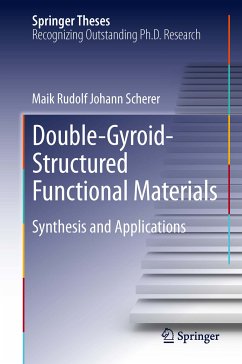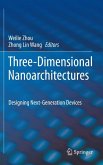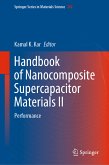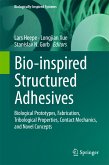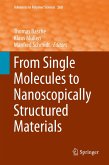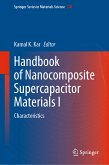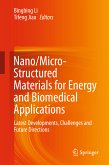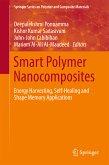The development of new high-tech applications and devices has created a seemingly insatiable demand for novel functional materials with enhanced and tailored properties. Such materials can be achieved by three-dimensional structuring on the nanoscale, giving rise to a significant enhancement of particular functional characteristics which stems from the ability to access both surface/interface and bulk properties. The highly ordered, bicontinuous double-gyroid morphology is a fascinating and particularly suitable 3D nanostructure for this purpose due to its highly accessible surface area, connectivity, narrow pore diameter distribution and superb structural stability. The presented study encompasses a wide range of modern nanotechnology techniques in a highly versatile bottom-up nanopatterning strategy that splits the fabrication process into two successive steps: the preparation of mesoporous double-gyroid templates utilizing diblock copolymer self-assembly, and their replication with a functional material employing electrochemical deposition and atomic layer deposition. The double-gyroid structured materials discussed include metals, metal oxides, and conjugated polymers, which are applied and characterized in high-performance devices, such as electrochromic displays, supercapacitors, chemical sensors and photovoltaics. This publication addresses a wide range of readers, from researchers and specialists who are professionally active in the field, to more general readers interested in chemistry, nanoscience and physics.
Dieser Download kann aus rechtlichen Gründen nur mit Rechnungsadresse in A, B, BG, CY, CZ, D, DK, EW, E, FIN, F, GR, HR, H, IRL, I, LT, L, LR, M, NL, PL, P, R, S, SLO, SK ausgeliefert werden.

